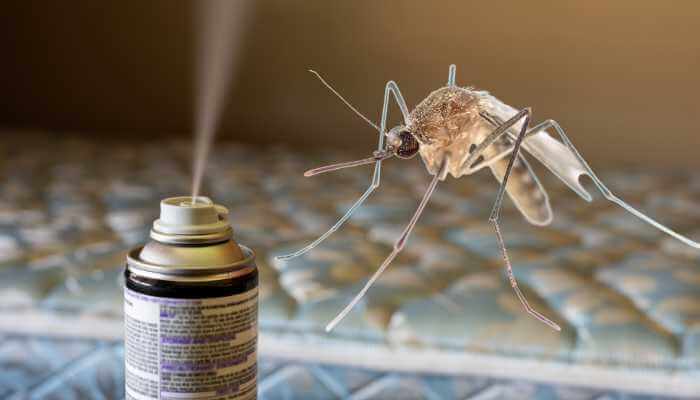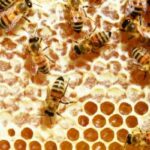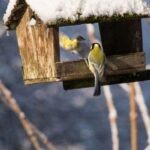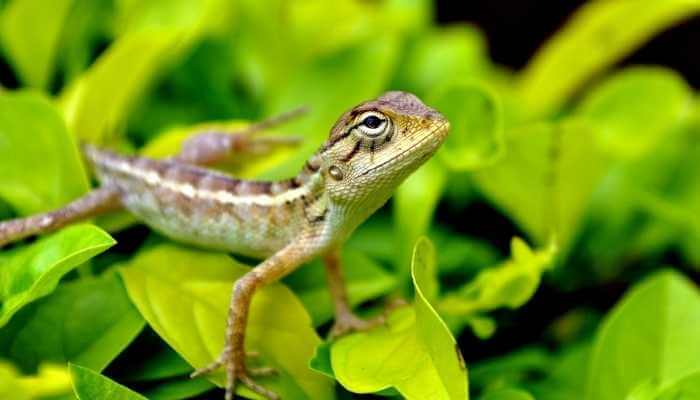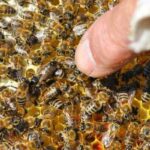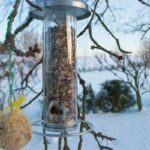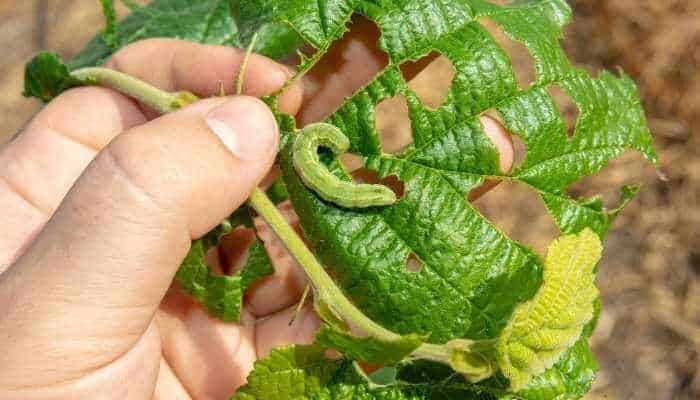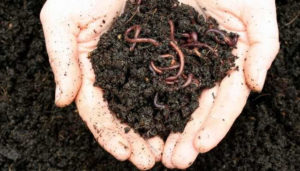
Mosquitos. If you live in a semi-damp place with warm weather, you know what they are. We all hate those annoying little creatures sucking our blood, buzzing in our ears, and ruining our outdoor time. There are lots of ways to get rid of them, but mosquito foggers are the most common.
But do mosquito foggers really work? Does the method have any potentially harmful side effects?
Mosquito foggers work; some can even be used for more than this purpose. However, using them can damage local pollinators like honey bees and butterflies.
Knowing what a fogger is and how a mosquito fogger works could help you make a more logical buying decision. So, let’s dive in.
What Is a Mosquito Fogger?
A mosquito fogger or mosquito misting machine is a device that uses chemicals to create a fine mist of insecticide that can kill mosquitoes and other flying insects. Some foggers are devices that disperse fog or smoke to eliminate mosquitoes. Sometimes they are referred to as atomizers.
Mosquito foggers are one of the most common forms of insect control that many people use for their homes, offices, and outdoor gatherings. They’re versatile, easy to use, and relatively cheap compared to more expensive methods such as hiring a pest control professional. Mosquito foggers are controversial, as there is a lot of conflicting information about their effectiveness and safety.
I know most professionals handle the maintenance of a pest program, but when swarms of mosquitoes come around after a good rain, they can’t come out at the drop of a hat.
There are two kinds of foggers. One is a small disposable fogger. It has insecticide contained in a pressurized container and then released into the air when the device is activated. Most of you will recognize these foggers as either hand-held or the kind with release tabs that, once engaged, releases the fog automatically. Most auto-foggers are made for indoor use, though they may work outdoors as well.
An example of an outdoor hand-held canister fogger we have used before is the OFF! Outdoor Repellent Fogger from Amazon.
If you are looking for a fogger that works well indoors or in your garage then we have had great luck with the Hot Shot Foggers.
The other option is an electric or propane fogger machine. This version is usually carried by the person using it, and they choose the direction of the atomized spray. I like these versions because you control what goes into them.
Most of these sprayers are adjustable, allowing you to easily change the fog machine’s flow to large-area atomization and fast diffusion. The average particle sizes are low-volume droplets of 0-50μm. Because of the ability to adjust the fog, these hand-held foggers can be used for more than just fogging for mosquitoes.
I’ll show you some examples on Amazon so you recognize them.
This is a fully electric version with a power cord:

A battery powers this one:

This one is powered by propane:

This one is powered by gas. It also has so much power it can be used as a leaf-blower.

When I said these kinds of foggers could be used for different things, I meant it. You simply need to be sure all chemicals and residue are cleaned out of the fogger between uses.
You can use them for spraying disinfectants. Using a disinfectant in a fogger is helpful for full-scale cleaning of places where many people congregate. Mostly, I’ve seen them used in schools and buses. But there are plenty of places to use these atomizers.
How Well Do Mosquito Foggers Work?
Judging how well an insect fogger works is all up to the quality of the machine itself and your usage of it. For the specific use of killing mosquitoes, the success depends upon what brand of insecticide or spray is used.
Some foggers use a chemical called pyrethrum that kills the mosquitoes on contact. It works by paralyzing the mosquito so it can’t fly away. Other foggers contain natural substances that repel mosquitoes. Some claim to work by releasing a scent that bugs don’t like (like citronella oil), while others say they emit pheromones that confuse male insects and make them unable to find females.
Some say the foggers that use natural substances are more effective than chemical-based products because they don’t contain chemicals that could harm your family or pets if exposed to them for too long or at too high an intensity. Try a small sample before spending too much money on any one product.
As long as the product label does not prohibit their use in a fogging machine, chemicals used to remove odors, sanitizers, disinfectants, insecticides, and fungicides can all be used in ULV cold foggers. Please, always read those labels.
Foggers are also helpful in treating large areas where there may be lots of mosquitoes or other pests that you want to eliminate. But people often use foggers for the quick and easy when they actually need to consider preventative measures like ensuring there is no standing water nearby for breeding. A fogger might be a great purchase if you’re like us and wind up near a swampy area and can’t eliminate the standing water. However, please read the rest of the article to find out why we opted not to get one.
Are Mosquito Foggers Safe?
When it comes to the product itself, yes, foggers are usually safe. Before using your particular type of fogger, you should always read the instructions. Most companies provide detailed instructions on operating their products safely and effectively. There are also many online resources available if you need more information about how to use your particular type of mosquito fogger.
As to the chemicals used in the unit you choose, that’s a tricky question. Let me try and answer it. Yes, both the synthetic and natural chemicals used for mosquito foggers are safe for humans, plants, and animals. No, using the standard insecticides most foggers are known to use will still negatively affect pollinators – because they do not discriminate between flying insects.
If you are concerned about the environmental effects of fogging, consider this: The Environmental Protection Agency (EPA) regulates pesticide use to protect human health and the environment. When applied, insecticides are diluted with water before spraying into the air. According to the EPA, this dilution reduces their concentration to levels that do not threaten people or animals. The EPA also limits how much pesticide can be applied per acre to ensure that no one’s property will contribute too much pesticide residue to nearby bodies of water or wildflowers and meadows.
“The EPA registers pesticides that may be used in misting systems. EPA examines the ingredients of the pesticide; the particular site on which it is to be used; and the amount, frequency, and timing of its use. EPA evaluates pesticides to ensure that they will not have unreasonable adverse effects on humans, the environment, and non-target species when used according to label directions.” – https://www.epa.gov/mosquitocontrol/mosquito-misting-systems
You can also check this page for specific warnings about the most common mosquito misting insecticides.
Does Using a Mosquito Fogger Affect Pollinators?
Yes. Again, this depends on what is used. But the truth is that some insecticides, including the naturally occurring ones, can kill pollinators.
Using a fogger means that the insecticide is far-reaching and can penetrate nooks and crannies where the beneficial insects might be.
Mosquito foggers usually contain pyrethroid insecticides, synthetic versions of pyrethrins, which are plant-based insecticides. Farmers and homeowners have widely used pyrethroids because they are inexpensive and effective at killing insects. However, pyrethroids have been linked to negative impacts on aquatic ecosystems and pollinators like bees and butterflies. Even residual doses of the chemicals used in mosquito sprays can disorient honey bees preventing them from returning to their hive.
What Do I Think About Using a Mosquito Fogger?
It may seem like the best way to get rid of insects, but I have reservations. For one thing, I use essential oils from many plants I keep around my patio to ward off insects. It smells great, and the insects don’t like those scents, so they stay away. It’s natural and cheap. You must put the plant oils on your body or crush some leaves to get it going. But I hate the idea of killing more bees.
Though mosquito foggers are one of the top ways to eliminate pests safely, it uses chemicals that I don’t trust. I can use a type of neem oil diluted with water, then mixed with a mild dishwashing soap that is safer for the environment. This usually has to be hand-sprayed and can’t be atomized/misted from a fogger. But it works.
All in all, I hope that this article will be helpful when deciding what kind of insect control products you might want to try next time an unexpected mosquito infestation occurs.
